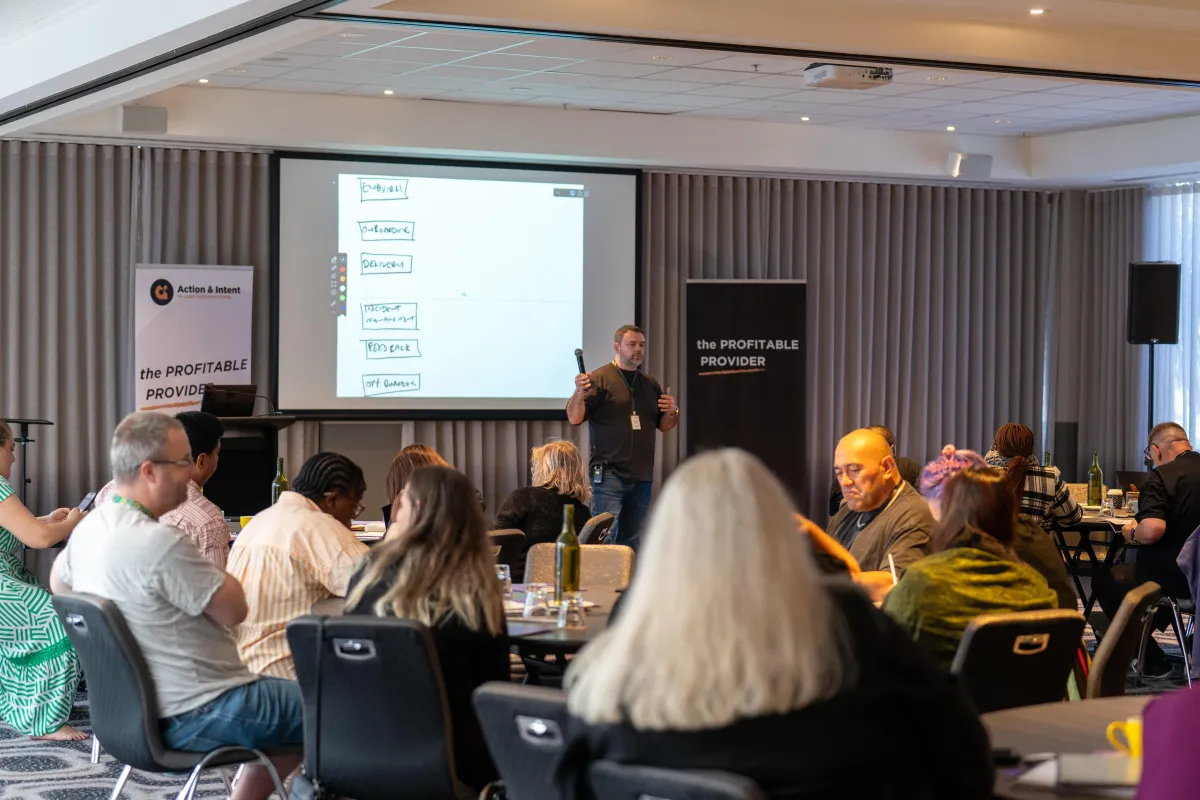
From Comparison to Collaboration: The Hidden Growth Lever in Your NDIS Business
Introduction
In the NDIS space, it’s easy to get trapped in comparison. Scroll through LinkedIn or Facebook and you’ll see providers hosting events, sharing success stories, and seemingly operating without a hitch. It’s natural to ask yourself, “Why isn’t my business like that?” But comparison is a confidence killer — and it’s often a symptom of isolation.
1. The Cost of Isolation
When providers work in silos, they:
Duplicate resources and admin
Face higher staff churn
Miss opportunities to pool expertise and networks
Isolation limits your problem-solving ability and increases burnout.
2. Collaboration in Action
Collaboration isn’t just “being nice” — it’s strategic. Examples include:
Shared staffing: Pooling admin or rostering roles between two providers to create a stable, full-time position and reduce turnover.
Joint programs: Partnering with another provider to run group activities, co-host events, or share facilities.
Allied health integration: Coordinating with OTs, psychologists, or physios to ensure support workers reinforce therapeutic goals.
3. Managing the Risks
Collaboration does carry risk — but so does doing business alone. You can reduce exposure by:
Using clear agreements and documented processes
Choosing partners with aligned values and reputation
Starting with small, low-risk projects before scaling up
4. The Payoff
Done right, collaboration delivers:
Lower operating costs
Greater visibility in the community
Better client outcomes
A stronger, more resilient business model
Conclusion
Comparison will drain you. Collaboration will grow you. Start small, manage the risks, and build partnerships that make your business — and your clients’ lives — better.
📩 If you’d like to explore safe, strategic collaboration ideas for your NDIS business, email me at [email protected].
